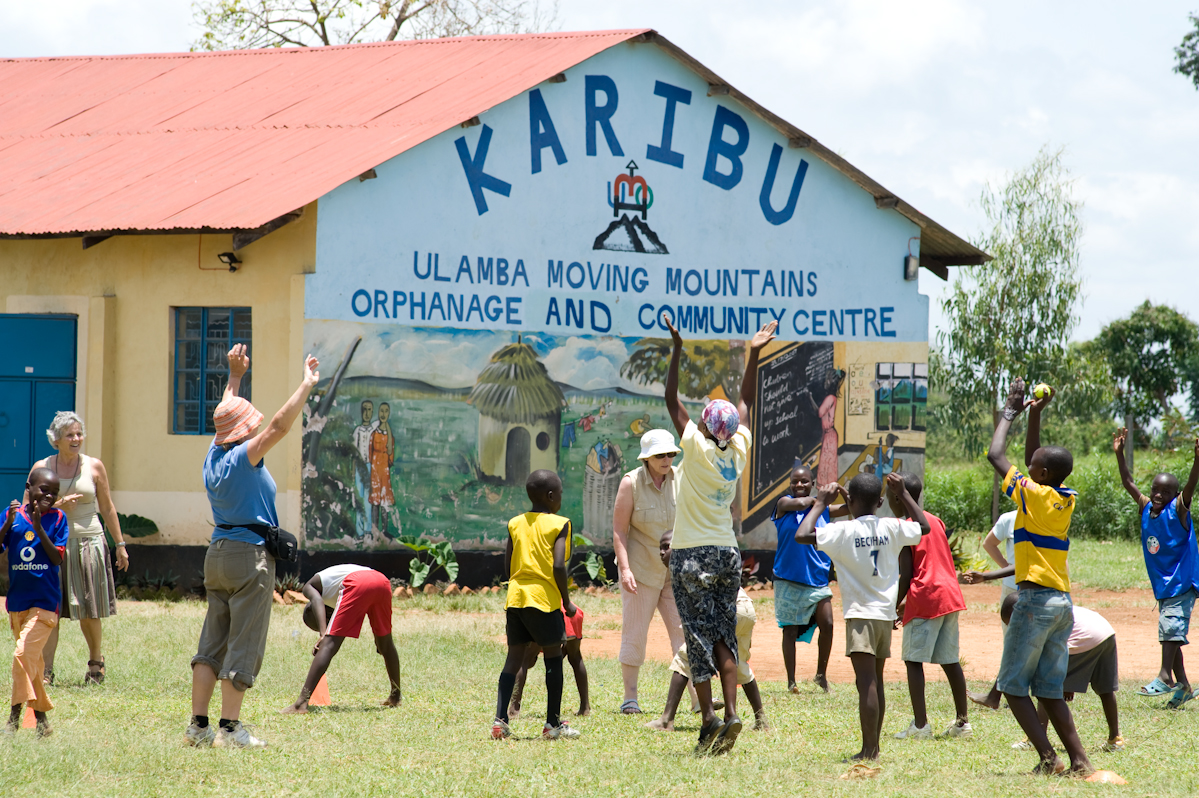
Personal Health – Kenya
In order to help you to be as prepared as possible for your trip, we offer the following advice and tips on staying healthy and comfortable and some ideas for an advanced personal medical kit for medical students at the bottom of this page.
Before you leave you need to make sure that you that you complete our online medical form, it is always better for us to be informed in advance of anything that we may need to account for.
Please do look at these other websites for up to date information on health in Kenya:
Fit for Travel
Immunisations and Antimalarials
You need to make sure that you receive all the relevant immunisations. You can get free information on which ones you need from your GP and from the NHS. The process of getting the immunisations will usually need a period of time for booking in the first appointment and then also a couple of visits over a period of a month or more for all the jabs to be actually done. Therefore you need to contact your GP or travel clinic as early as possible to allow time for this process.
When visiting your GP or travel clinic you will also need to seek advice on anti-malarial drugs. There are a number of different medications available and each has different properties in terms of how often you take it, how long after return you have to take it, how much it costs and potential side effects.
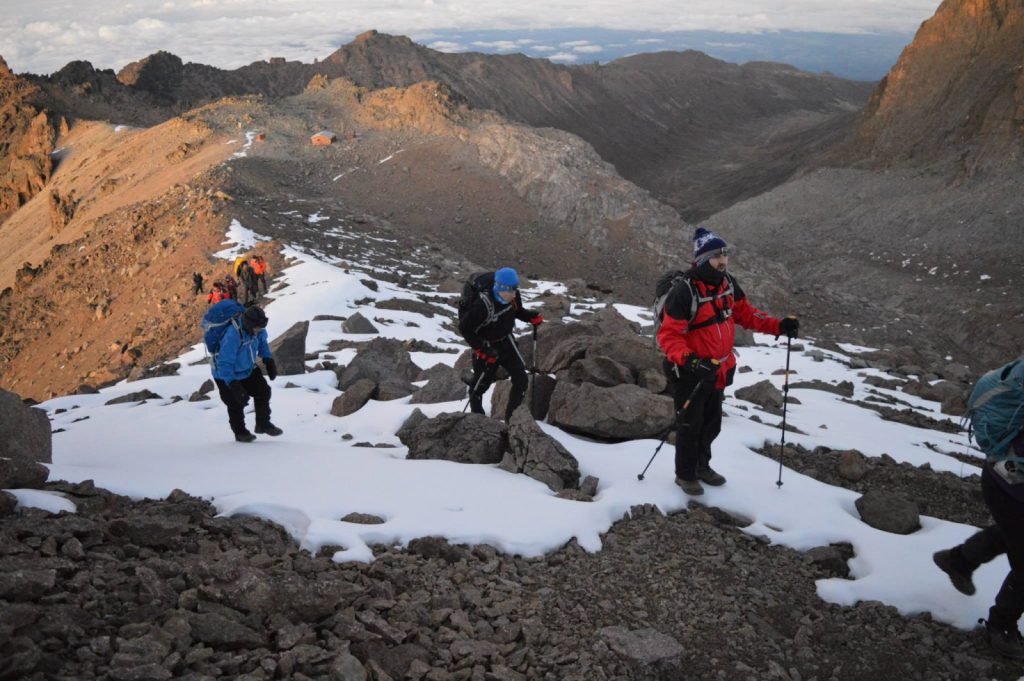
HEALTH TIPS
KEEP YOUR HANDS CLEAN
This is something that you will, of course, do to some degree at home anyway. However, when you are away there will be bugs to which your body may have no built up immunity to and general cleanliness in some places is not the same as at home. Toilets are often communal long-drops without running water. Bring hand sanitiser gel.
If you go to shake hands with someone they may offer their forearm and closed fist instead, this will indicate that have dirty hands and you should grasp and shake their wrist instead.
PROTECT YOURSELF FROM THE SUN
The sunlight near the equator can be much more intense than that which you are used to and you can get burned very quickly. It is important that you have a broad spectrum, high factor sunscreen with you and also that you have options in terms of lightweight long sleeved and legged clothing and a hat that will shade your face, neck and ears.
Note that it is theoretically possible to get sunburned through some clothing materials, some trekking and outdoor clothing now comes certified with a UPF rating giving the proportion of UV radiation that is blocked by the material. It is also worth having a reasonable pair of sunglasses.
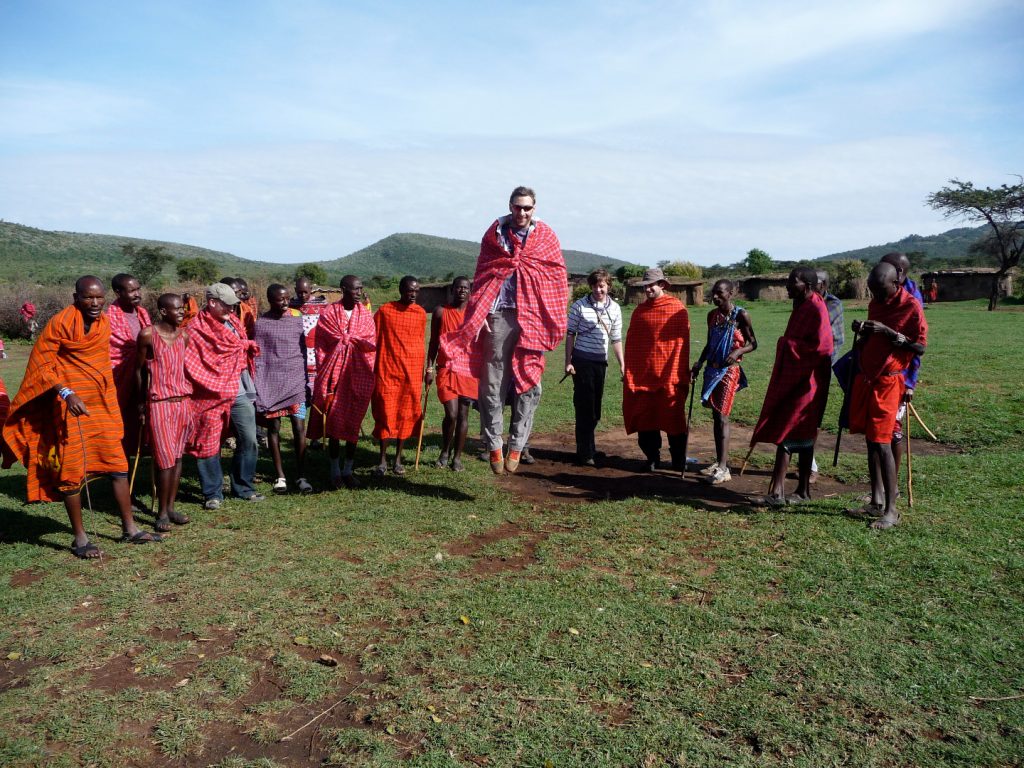
WATCH WHAT YOU EAT AND DRINK
All the food prepared by our own staff will be properly cooked. However, you will also at some point be eating food from local restaurants and eateries. A few bits or advice can help to avoid nasty stomach bugs;
Check meat has been properly cooked and not served raw, and with street food try to check the oil that has been used is fresh. Some bacteria will not be killed by cooking so be careful of undercooked meals. Avoid dishes that might have been cooked in untreated water, for example, salads. If you eat fruit, chooses ones that have a skin or peel that you will not eat, such as bananas. Order bottled or boiled drinks like sodas or tea, and always check bottles to see that the caps are still sealed.
LOOK AFTER YOURSELF AND YOUR FRIENDS
It is important to take responsibility for yourself and to take an active role in looking out for you and the others. Make sure that over time you are not getting progressively more tired and/or dirty. The way in which you will be living may be a distinct change from how you live at home and it is easy to fall ill and feel fatigued.
If you have a cut or graze for example you will need to keep it clean and change the dressing regularly. Even a simple splinter or thorn can develop into bigger problems if you don’t look after it.
For people on longer trips, you may feel some degree of homesickness. This can come in waves and can be made worse if you are tired or not feeling one hundred percent. One of the best remedies is simply to talk about it. Our staff will always talk to you in confidence and will deal with any issues subtly and sensitively. Be careful of using social media or talking to people at home, who are likely to feel a bit helpless.
ADVICE FOR A PERSONAL MEDICAL KIT
General Items:
- Sunscreen
- Water purification tablets/iodine drops
- Scissors ± tweezers
- Antiseptic cream/Fucidin ointment
- Bandages and plasters
- Dioralyte: Or other rehydrating mixture, especially if diarrhoea is severe. Oral rehydration therapy (ORT): Put one 5ml teaspoon of salt with eight teaspoons of sugar in one litre of CLEAN drinking water and take 1–2 cups with each loose motion.
- Loperamide (trade name Imodium): Useful for diarrhoea, although the most important thing to do is keep yourself hydrated. It is useful to relieve symptoms if nothing else. Take two tablets with the first loose stool and then one for every subsequent one.
- Insect repellent and a net is essential. See malaria. If you’re really prone to be bitten, ‘after-bite’ type remedies are available.
- For allergies/insects: Chlorpheniramine: (for example, Piriton) or promethazine is handy for most allergies, including those to insect bites. It also helps in motion sickness. It can make you drowsy.
- For trauma/pain: Analgesics (aspirin or paracetamol or codeine/paracetamol combination). Note the latter can make you drowsy and give you constipation.
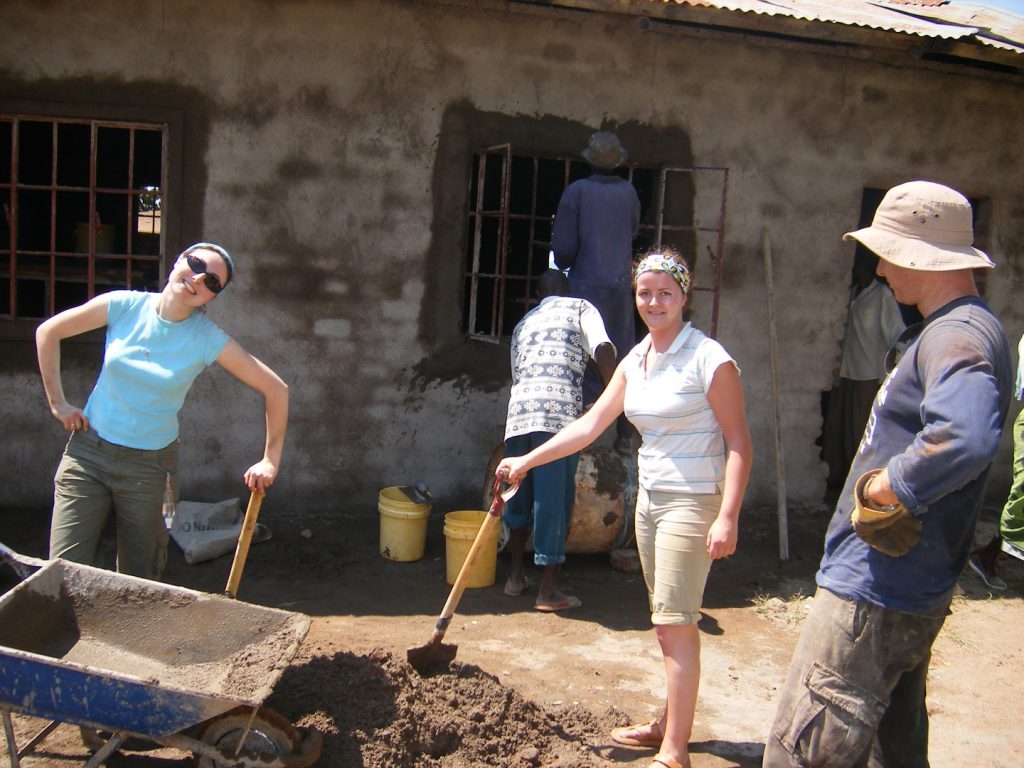
The items below are prescriptive medicines for students going on a medical elective or medical camp, or for team leaders of school trips to consider or for people going on trips in remote areas where access to a hospital may not be quick.
Antibiotics for gastrointestinal problems: If you note blood in the stool or develop a temperature, a short course of ciprofloxacin should help. If diarrhoea continues (especially if it may be amoebic or giardiasis infection) with nausea, frothy stools and lots of wind metronidazole would be a wise choice.
Cyclizine or prochlorperazine: May help if nausea and sickness is a major problem.
For throat/skin infections: Augmentin (Or doxycycline) is handy for a bad sore throat, most chest infections and skin that has become infected secondary to bites or sores. Combinations of amoxicillin with flucloxacillin can also be used.
Syringes and cannulae: Although taking your own cannulae may protect you from contaminated needles, it won’t help you much if it is being used to give you infected blood. If you really are going to take such risks, a bag of gelofusin or similar may be a good idea.
Book Your Adventure of a Lifetime Now
Discover our trips to other Countries
Adventure Alternative Articles

12 MONTHS, 12 MOUNTAINS
Climbing Calendar Ready for World Mountain Day In celebration of World Mountain Day, we've created a calendar for the year to make it easy for...
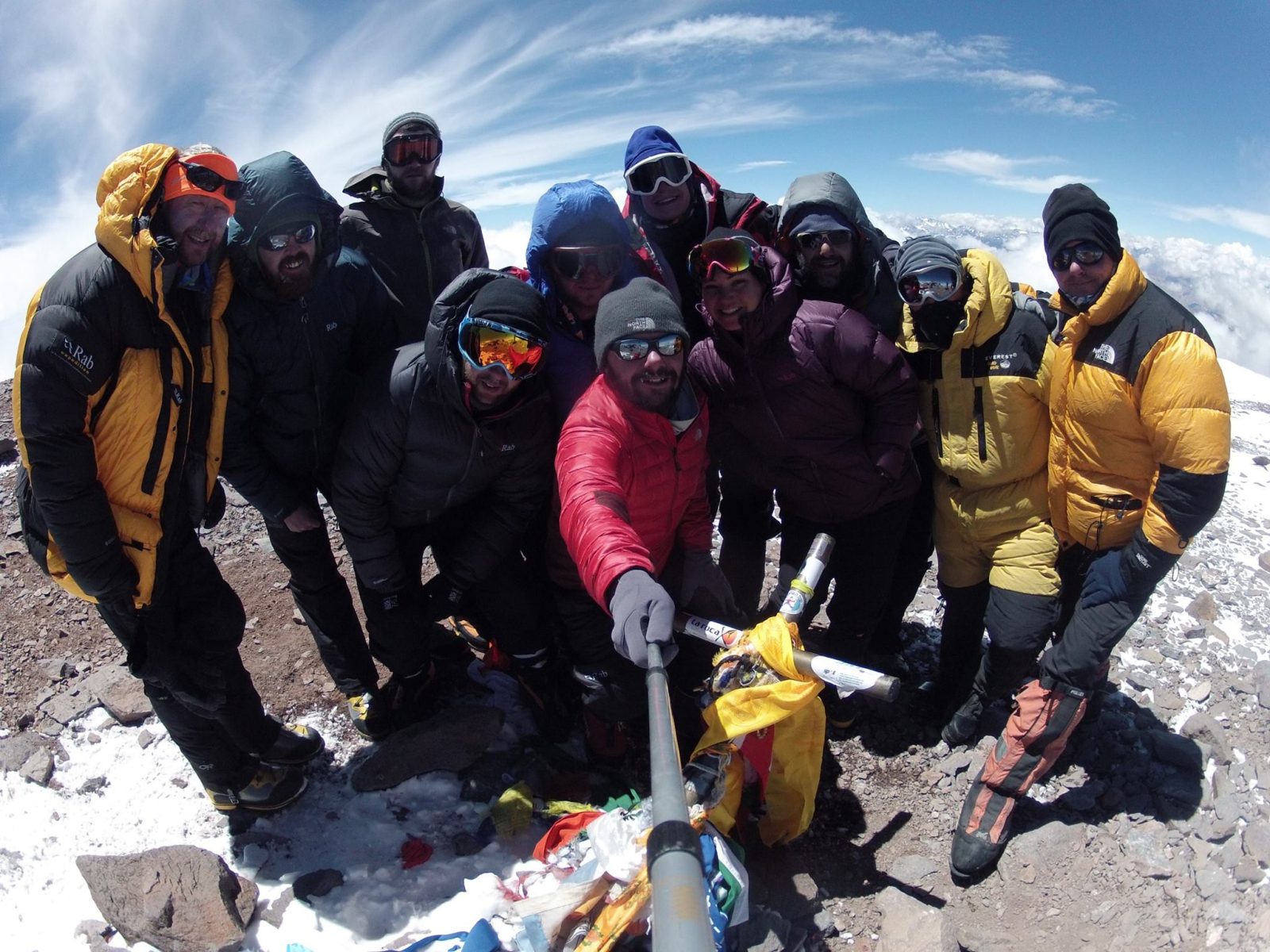
Mount Aconcagua Trip Review
January 2016 This year we had a team of twelve clients from four different countries – Iran, Ireland, England, South Africa and Argentina –...
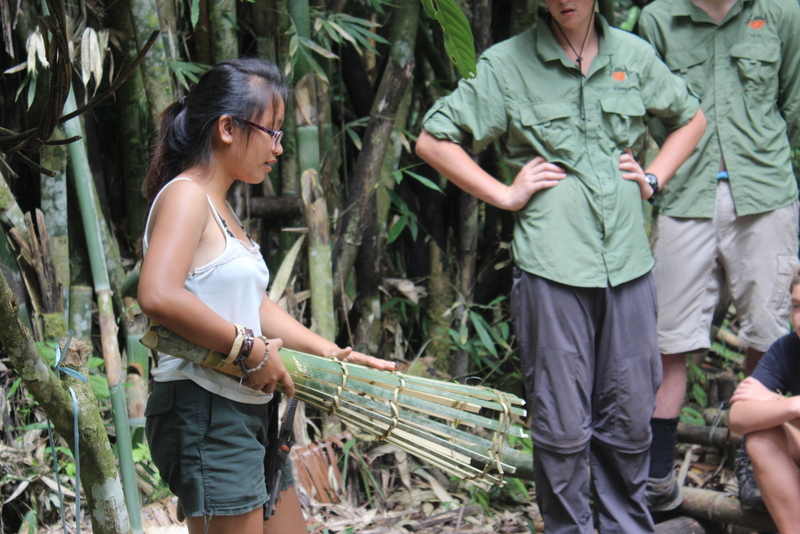
Alcey’s Survival Skills Course at Lupa Masa Jungle Camp
SURVIVAL SKILLS COURSE AT LUPA MASA JUNGLE CAMP | ADVENTURE ALTERNATIVE In celebration of International Rural Women’s Day, we’re talking...